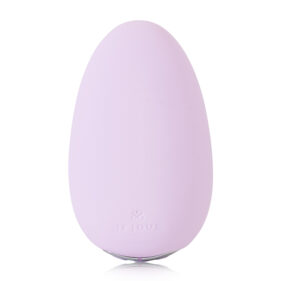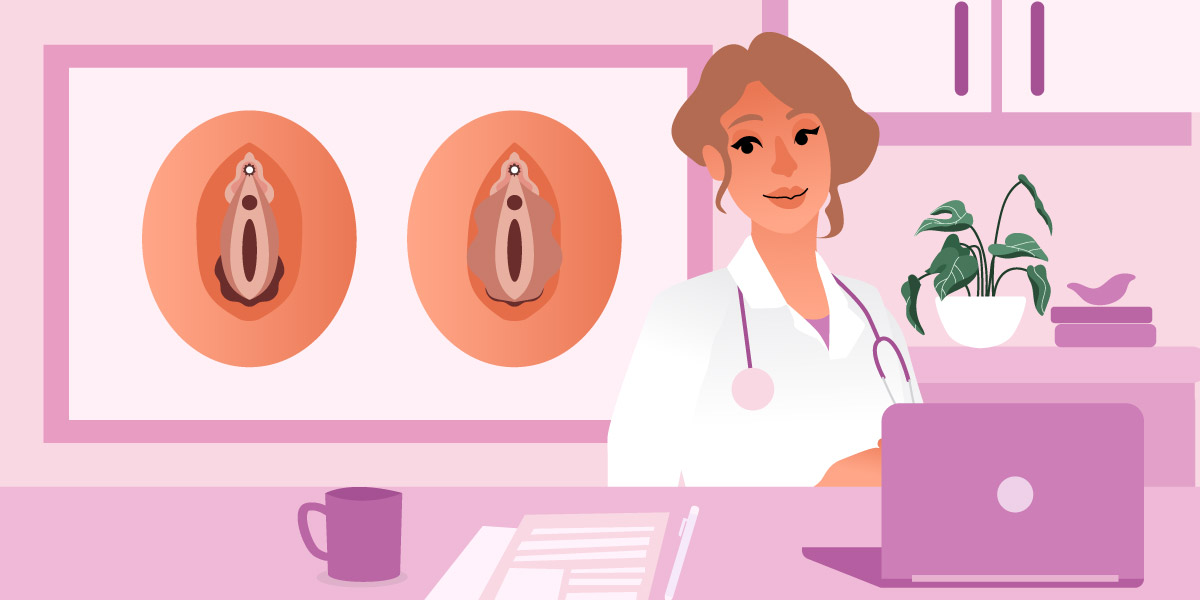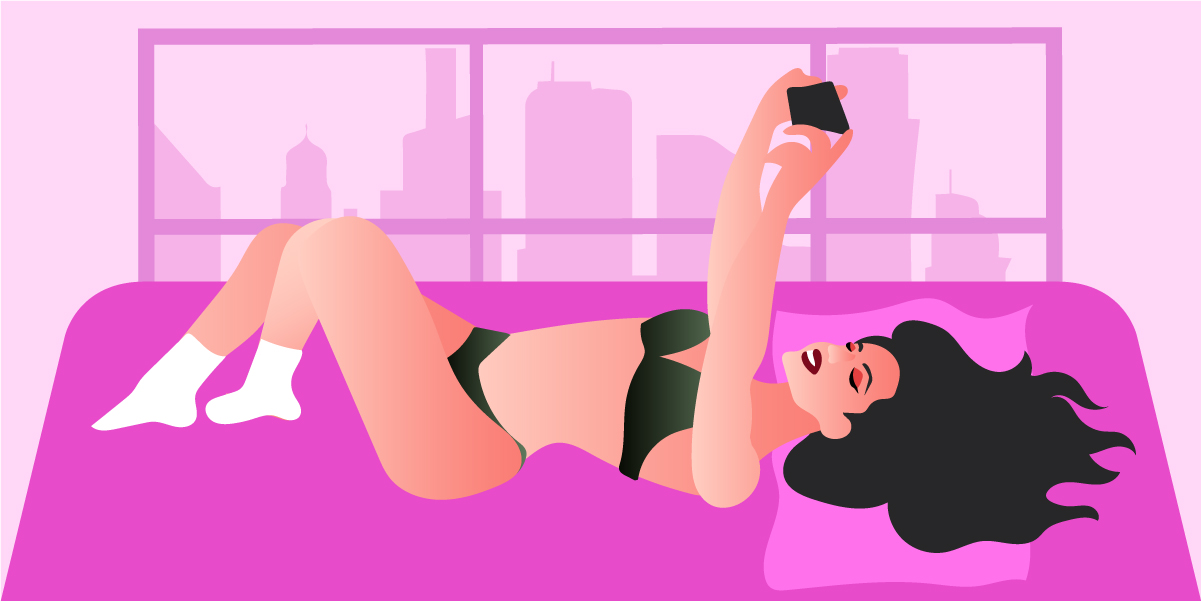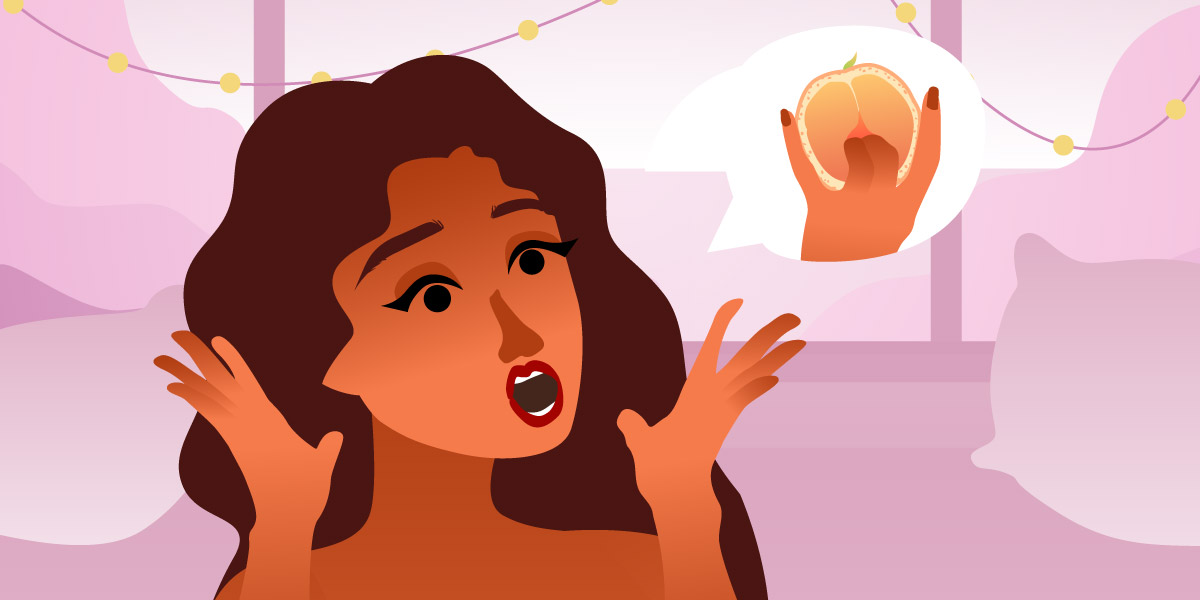
With more open discussions about sex and an increase in sex-ed resources online, people are beginning to recognize the benefits of masturbation or touching your genitals for sexual gratification. However, some persistent masturbation myths continue to hold some people back.
These misconceptions are often perpetuated by word of mouth, particularly among conservative and misinformed circles, which is why some people continue to see self-pleasure in a negative light. That said, this brief guide will discuss the most common myths surrounding self-pleasure and provide evidence-based facts to debunk them.
1Myth: Masturbation can cause illnesses.
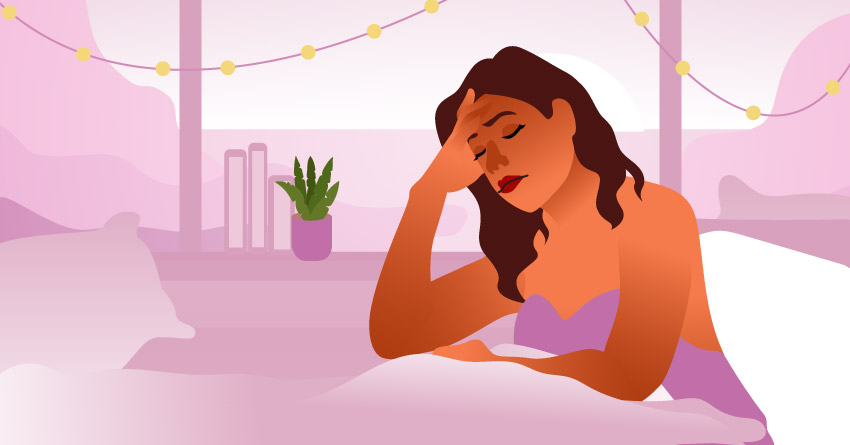
Some people believe that frequent masturbation comes with adverse effects that could lead to the following:
- Vision Loss
- Hairy Palms
- Dehydration
- Hair Loss
- Erectile Dysfunction
- Hormonal Imbalance
- PCOS
- Stunted Growth
- Acne
- Memory Loss
There is zero scientific evidence on the claims above. In fact, medical experts recommend masturbating, stating it to be one of the safest ways to achieve orgasms since there’s no risk of unplanned pregnancies or sexually transmitted infections.
2Myth: Masturbation results in decreased sex drive.

Another common myth about masturbation is that it kills your sex drive. However, low libido is usually caused by several factors like stress, aging, hormonal imbalances, medications, relationship problems, and health issues like vaginal dryness or erectile dysfunction.
Masturbation can only have a major effect on libido if the person is impulsively doing it a few times per day— this kind of case requires a mental health professional, as excessive masturbation can lead to further issues.
3Myth: Masturbating seeps out your energy.

Some anti-masturbation forums and websites often say that masturbation can drain your energy, leading to fatigue and a loss of willpower. They believe that someone’s ‘seed’ carries vital energy that helps them become the person they aspire to be.
This misconception might have stemmed from the fact that masturbation can make you feel sleepy. Once a person reaches orgasm, feel-good neurochemicals like dopamine, oxytocin, and endorphins are released in the brain. These hormones help regulate mood and reduce stress, leading to a more relaxed and sleepy state. In fact, one known benefit of orgasms is improved sleep quality.
However, those with negative biases to self-pleasure might have mistaken their sleepy and relaxed minds for fatigue. But we’re here to clarify that masturbation isn’t going to take away your energy. There are also no studies or scientific evidence to support the idea that female or male ejaculation plays a role in maintaining energy levels.
-
₱995.00
-
₱169.00
-
₱5,772.00
4Myth: It’s not natural for women to masturbate.

For our Filipino readers, you might have heard about the issue involving two celebrities who were part of an up-and-coming loveteam. Praised for their supposed professionalism, people thought nothing was going on between them. However, the former girlfriend of the male celebrity revealed that he cheated with the female celeb, even sharing screenshots of the steamy messages exchanged by the two stars.
While the cheating allegation is certainly worth criticizing, people have zeroed in on one specific text message from the female celebrity: “I’ll touch myself na lang.” (‘I’ll just touch myself instead.’) That line is now being used to ridicule her, with people creating memes that insinuate she’s slutty for touching herself.
This story highlights one of the pervasive masturbation myths: that women should not touch themselves, and only those who have perverted or “impure” minds do that. There’s no truth in this notion at all. Just like men, women also experience sexual desire and arousal, too.
5Myth: You’ll run out of semen when you masturbate.

Dry orgasms do exist— it’s when a male individual only ejaculates a small amount of semen or none at all. But it’s not because of masturbation, but other factors such as retrograde ejaculation, diabetes, genetic issues, surgical procedures, and blocked sperm ducts.
Keep in mind that an average man produces millions of sperm each day, so unless you have a prior condition that affects your semen, there is no need to worry about ‘drying’ yourself out.
6Myth: Masturbating in a relationship is considered cheating.
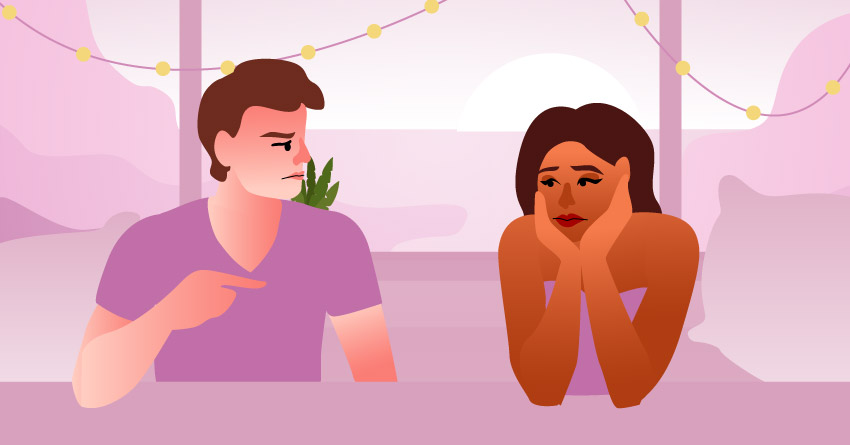
Another common myth about masturbation is that only single people can do it. If you’re in a relationship, you should only achieve sexual pleasure with your partner— doing it on your own would be cheating.
This notion is false, as masturbation isn’t the same as having sex with another person. Gigi Engle, ACS certified sexologist and resident sex educator at 3Fun, shared in her interview on Mashable that “You cannot cheat on your partner with yourself.”
Masturbation is also considered to be a private “me-time,” which is vital for maintaining a healthy relationship. It allows partners to explore and understand their bodies and each other’s preferences. Not only is it good for them as individuals, but it can enhance their future experiences together.
However, we also need to acknowledge the fact that excessive masturbation does have detrimental effects on a relationship. You can see tons of stories on Reddit and other forums about people having ‘dead bedrooms’ or sexless marriages because the other party would rather masturbate than get intimate with them. That said, always make time for intimate plays with your partner— keep things balanced.
7Myth: Masturbation can change your vulva or penis.

One of the misconceptions that shame people from self-pleasure is the fact that your vulva will get darker or your penis will shrink. This is 100% false, as masturbation can’t change the shape, color, or size of your penis or vulva. Your genitals will only possibly change through aging, surgery, and major sex injuries.
-
₱3,399.00
-
₱169.00
-
₱1,120.00
-
₱4,990.00
8Myth: Masturbation can permanently decrease genital sensitivity.
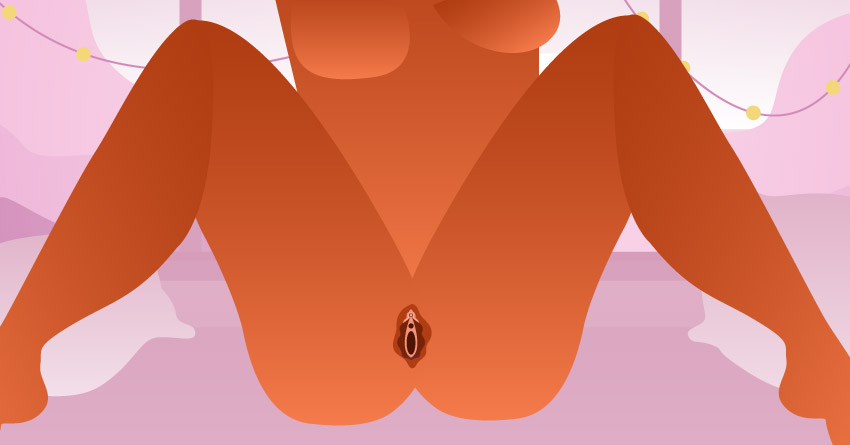
Some people believe that masturbating, especially with sex toys, can result in permanent desensitization in your genitals.
Now, there are studies reporting that excessive masturbation in men can have some effect on their penile sensitivity, particularly those who are tightly gripping onto their penis— they get used to this specific tightness that partnered sex doesn’t provide as intense stimulation as their self-pleasure plays. However, masturbation, in general, can’t make permanent changes in your genitals, so as long as you’re not tightly gripping your penis when jerking off and like exploring various pleasure techniques, you’ve got nothing to worry about.
9Myth: Masturbation doesn’t come with any health benefits.

People who are against self-pleasure often see this activity as pointless and perverted. But for medical experts, it’s a completely different story– masturbation is seen as a natural practice that comes with a bunch of health benefits.
As mentioned earlier, orgasms from masturbation release the feel-good chemicals in your brain, such as dopamine and oxytocin. These chemicals help you reduce stress and even improve your sleep quality. There’s also some research showing that masturbating can help in soothing body pains, like mild menstrual cramping and headaches— all thanks to the endorphins released during orgasm. Not only that, but it’s also known to boost libido, as studies show that male masturbation helps in maintaining testosterone levels and boosts nitric oxide in the blood, which is essential for sexual function.
10Myth: Masturbation can lead to mental health issues, like depression or anxiety.

The act of masturbation itself cannot cause depression or anxiety, but it’s possible to feel immense sadness after doing it due to the following factors:
- Shame & Self-Hatred: Due to the harmful messaging and stigma surrounding masturbation, people experience deep shame whenever they touch themselves. They believe that they’re sinful, spiritually weak, or perverted for desiring that sexual relief. Some people also see masturbation as something that a “single loser” would do, so they would feel sorry for themselves after it.
- Postcoital Dysphoria: Also known as post-sex blues, people with this condition experience sadness, irritability, and melancholy after a sexual act, even if they want to do it. Some of the causes include anxiety, history of abuse, anxiety, or postnatal depression.
If you experience unexplained sadness or anger after masturbating, it may be best to take a step back and reflect on what might be causing these negative emotions. We also recommend consulting a therapist to help you with this challenge further.
-
₱4,045.00
-
₱4,045.00
-
₱5,700.00
-
₱3,400.00
11Myth: You can’t masturbate if you’re an athlete.

Testosterone is a hormone that plays a role in building muscles, which is why athletes and people who love fitness are always trying to keep their testosterone levels up— this can be done through lifting weights, consuming a balanced diet rich in protein, getting adequate sleep, and managing stress.
However, some people believe that masturbating can reduce your testosterone, delaying muscle growth. This has led to some athletes refraining from masturbation whenever they have an upcoming competition.
There’s no clinical evidence or studies that back up this claim. And if this were true, then organizations like the Olympics wouldn’t need to provide hundreds of thousands of condoms to athletes. The practice of distributing condoms at major sporting events suggests that sexual activity among athletes is common rather than the exception. Don’t also forget that testosterone is only one piece of the muscle-building process.
12Myth: Frequent masturbation can increase your risk of infertility.

Related to the earlier masturbation myth, some people believed that men who are frequently masturbating will end up impotent since they’re “draining” their semen. This isn’t the case at all because the body will keep on producing sperm throughout the entirety of a man’s life, ensuring a healthy supply for conception regardless of masturbation frequency.
Male infertility can be caused by various factors, including undescended testicles, genetic defects, hormone problems, varicocele (enlarged veins in the scrotum), damage to reproductive organs, cancer treatments, and exposure to pesticides or radiation.
13Myth: Frequent masturbation can turn you into a masturbation or sex addict.

Here’s one of those masturbation myths that’s fueled by the negative biases and stigma surrounding self-pleasure. Because some people think that masturbation is this dirty and perverted activity, they think that those who are doing it regularly and even those spreading awareness about its benefits are masturbation and sex addicts who watch hours and hours of porn. This is nothing but a baseless claim.
Masturbation and sex addiction are real problems, but not everyone who masturbates will get addicted.
-
₱2,445.00
-
₱2,695.00
-
Original price was: ₱1,245.00.₱845.00Current price is: ₱845.00.
-
₱4,045.00
14Myth: There’s only one way of masturbating.

What’s great about masturbation is you’ve got nothing to please but yourself. Try out different techniques, explore your pleasure zones, and don’t be afraid to incorporate toys if you’re into that. There’s no single “right” way to masturbate – it’s all about personal preference.
Some people even find satisfaction in rubbing against the corner of a table, so go ahead and do what feels good! Just remember to prioritize your safety and comfort above all else.
15Myth: You can masturbate while on your period.

The myth that you shouldn’t masturbate on your period is based on the idea that period blood is dirty and full of toxins. This is completely wrong! Medical experts and research agree that it’s fine to masturbate while on your period.
There’s even a global clinical study titled The Menstrubation Study that showcased the various benefits one could get from masturbating while menstruating. According to the study, orgasming during your period can help alleviate some of the menstruation symptoms, like period cramps, breast pain, lower abdomen pain, and mental restlessness. We highly recommend checking out the study here to learn more.
Takeaway
Ailments, mental health conditions, infertility, physical changes in the body— these are some of the masturbation myths that are still being spread out today, often stemming from ignorance or opposition to the practice. None of these were based on facts, so don’t stress it and just enjoy touching yourself! Masturbation is normal.
But, like with any other activity, moderation is a must. Too much masturbation can lead to problems like neglecting your responsibilities or hurting your relationships. Keep it balanced, and you’ll be fine.







